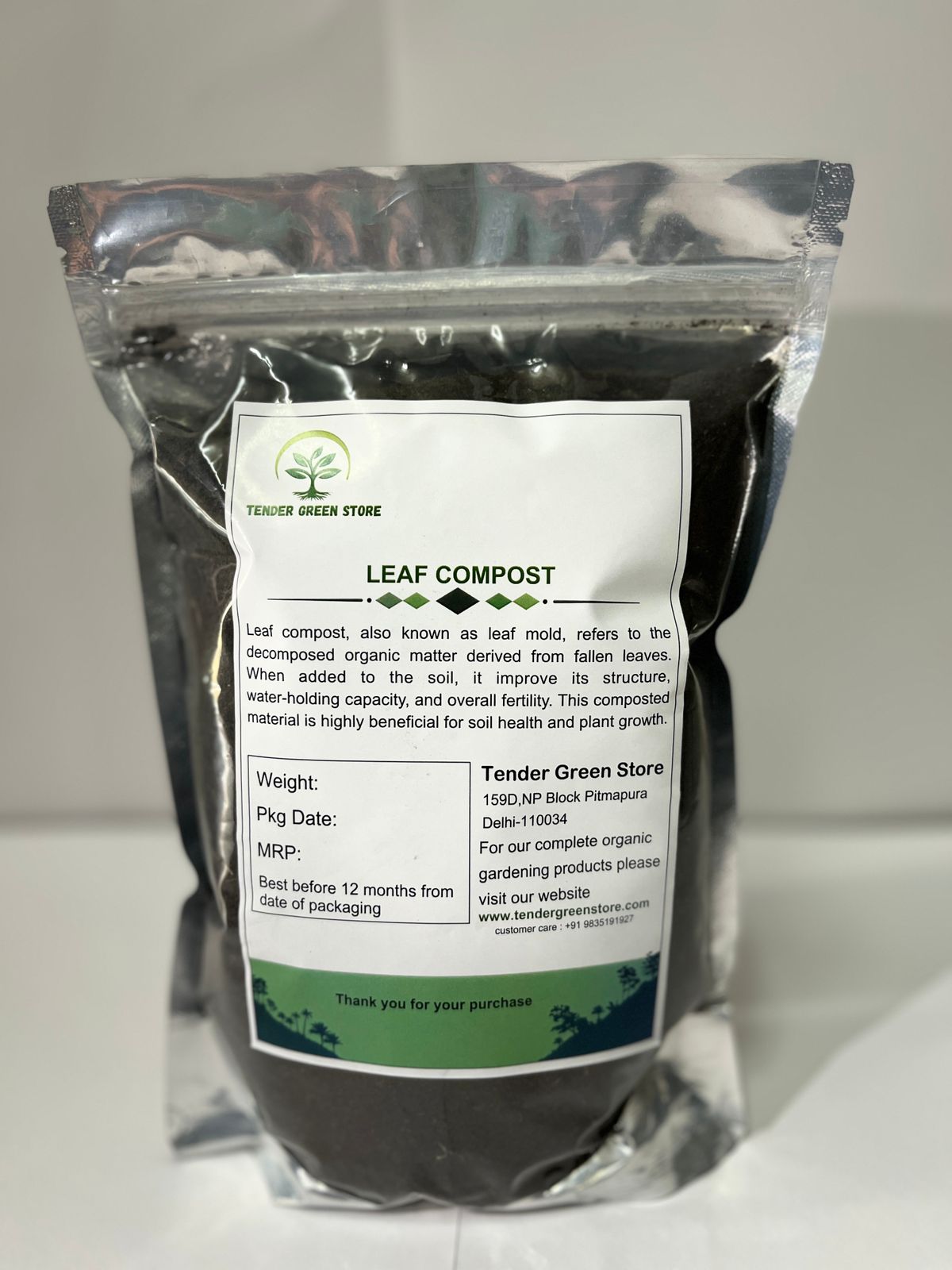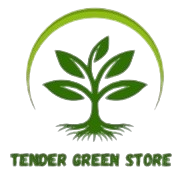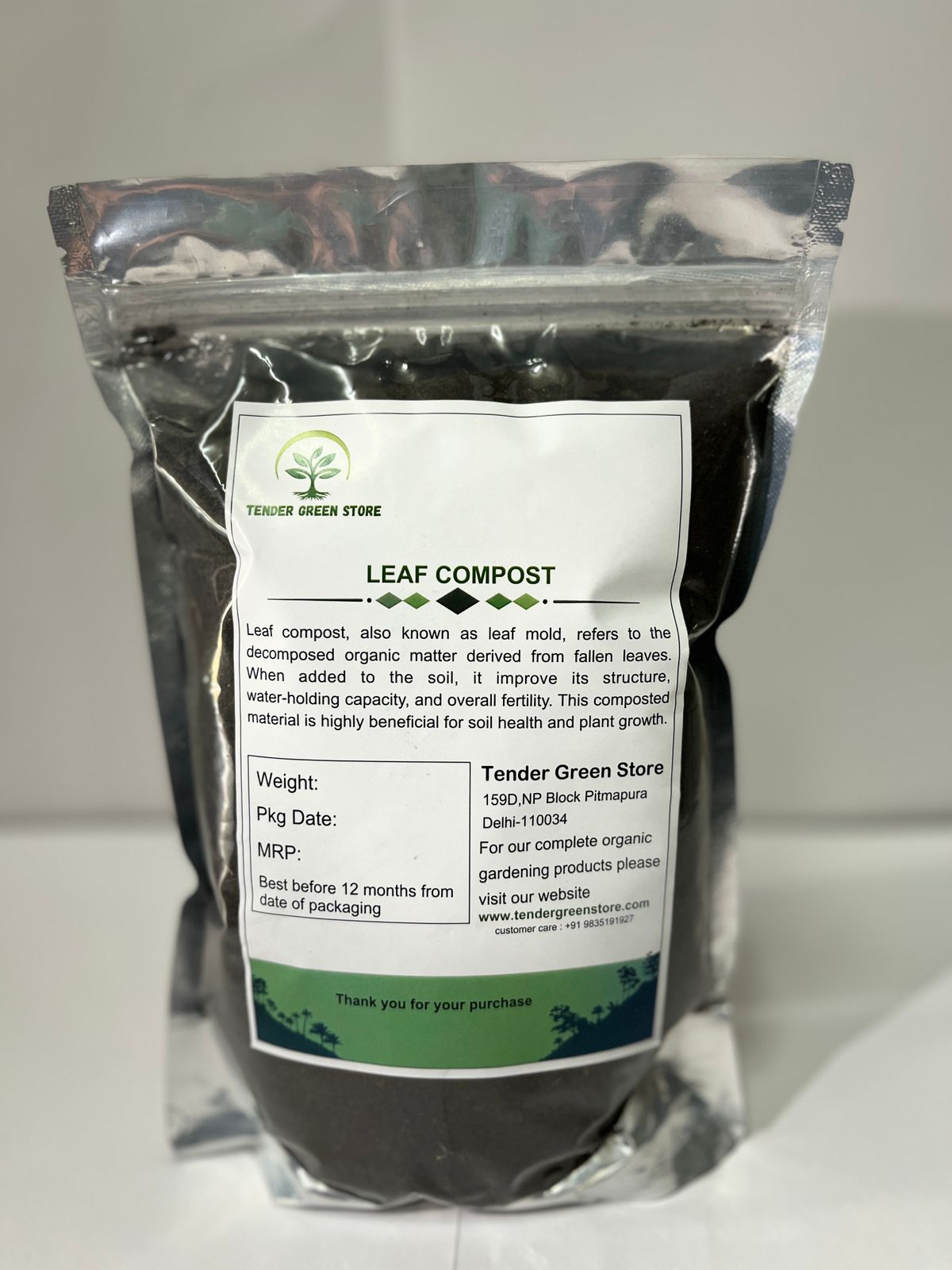1
/
of
1
Tender Green Store
Leaf Compost|Patte Ki Khaad
Leaf Compost|Patte Ki Khaad
Regular price
Rs. 199.00
Regular price
Sale price
Rs. 199.00
Taxes included.
Shipping calculated at checkout.
Quantity
Couldn't load pickup availability
Leaf compost is a nutrient-rich soil amendment that undergoes a natural decomposition process, resulting in a valuable organic material beneficial for soil health and plant growth.
Here's a brief overview of its characteristics and uses:
Here's a brief overview of its characteristics and uses:
Nutrient Content
- Nitrogen (N): Supports leafy growth, albeit in lower quantities compared to other organic fertilizers.
- Phosphorus (P): Essential for robust root development and optimal flower and fruit production.
- Calcium (Ca): Promotes cell wall structure and overall plant strength.
Benefits
- Root Growth Enhancement: High phosphorus content stimulates robust root growth, making it particularly beneficial for root crops and flowering plants.
- Plant Strengthening: Calcium strengthens plant structures and aids in cell formation, contributing to overall plant vigor.
- Slow Release: Nutrients are released gradually, ensuring a sustained and long-term supply without the risk of nutrient burn.
Usage
- Soil Amendment: Mix into the soil during planting or apply as a top dressing for established plants.
- Starter Fertilizer: Ideal for encouraging strong root development in bulbs and seedlings.
- Organic Gardening: Popular among organic gardeners for its natural nutrient content and sustainable sourcing.
Application Tips
- Dosage: Carefully follow package instructions to prevent over-application, which can harm plant roots due to excess phosphorus.
- Timing: Apply at planting time or early in the growing season to support healthy growth and development.
- Compatibility: Mix with other organic amendments like compost or manure to create a balanced nutrient mix for optimal plant nutrition.
Leaf compost enriches soil fertility and supports robust plant growth, aligning with sustainable gardening practices by recycling organic waste into valuable fertilizer.
Share


